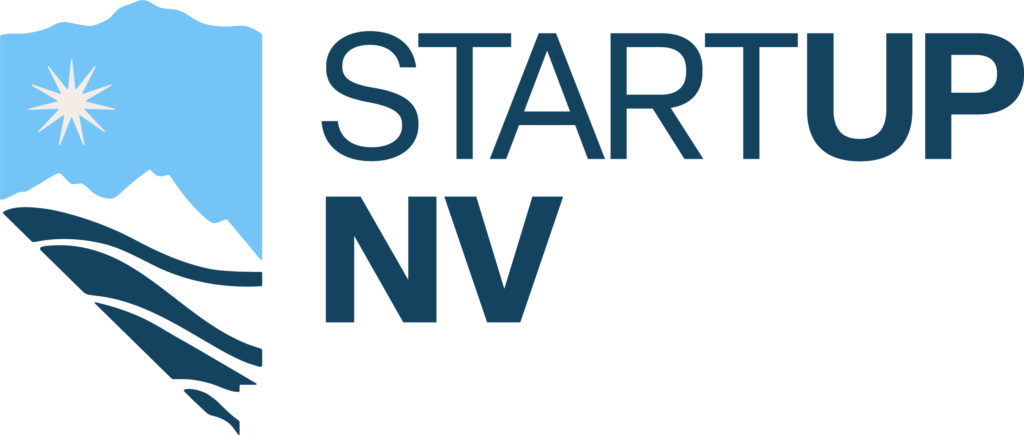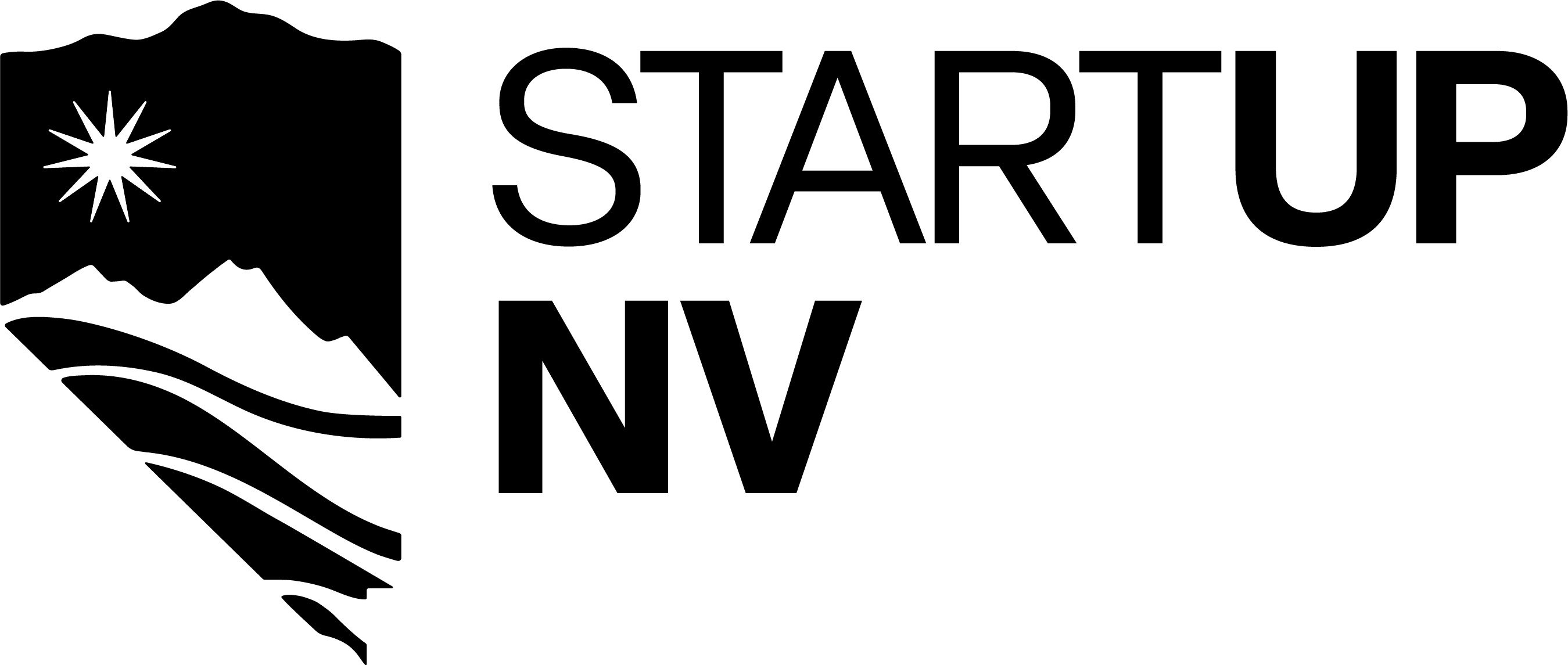Starting a new business can be an exciting and rewarding venture, but it often requires significant funding to get off the ground. With a solid business plan and careful research, you can find the right investors to help bring your vision to life. The key is knowing where to look and how to approach potential investors.
In this article, we’ll walk you through the steps you need to take to find seed funding for your new business. From developing a solid business plan to perfecting your pitch, we’ll cover everything you need to know to secure the funding necessary for success.
Develop a Solid Business Plan
You can’t just wing it – you need to develop a solid business plan to attract seed funding. Your business plan should include the following:
- A detailed market analysis that clearly explains the problem your product or service solves.
- You should also identify potential competitors, how you will reach them, and show why your business is unique.
- In addition to the market analysis, your business plan should include financial projections demonstrating the potential for profitability.
- You must outline your startup costs, projected revenue streams, and other financial considerations, such as equipment or personnel expenses.
Investors want to see that you clearly understand the financials behind your business and that there is a realistic path to success. Once you have developed a solid business plan with thorough market analysis and financial projections, it’s time to explore different funding options. Whether through personal savings, friends and family investments, angel investors, or crowdfunding campaigns – there are many ways to secure seed funding for your new venture.
Explore Different Funding Options
There are various routes to take when searching for financial support to get your startup off the ground. You must explore different funding options and decide which suits your business needs best. Two popular funding options include crowdfunding platforms and angel investors.
- Crowdfunding platforms have become increasingly popular in recent years. They allow you to raise money from people who believe in your product or service. The key advantage of crowdfunding is that you validate your idea before launching. If people are willing to invest in it, they must see potential in what you’re offering.
- Angel investors are wealthy individuals who provide capital for startups. Unlike venture capitalists, they typically invest smaller amounts of money and don’t expect high returns. However, they do want some ownership stake in your company and will usually offer guidance and mentorship throughout the early stages of your business.
Now that you know about some funding options for startups, it’s important to research potential investors thoroughly before approaching them with your pitch. This will help you find an investor who aligns with your goals and has experience working within your industry.
Research Potential Investors
To successfully secure investment for your startup, it’s crucial to thoroughly research potential investors and ensure they have experience in your industry. Identifying targets is the first step in finding the right investor for your business. Look for those who have previously invested in similar companies or industries, and evaluate their track record with startups.
Building relationships with potential investors can also increase your chances of securing funding. Attend networking events and conferences related to your industry, and contact investors through social media or email. Keep in mind that building a relationship takes time, so take your time pitching your idea quickly.
Once you’ve identified potential investors and built relationships with them, it’s time to perfect your pitch. This includes creating a compelling story about your business, highlighting its unique value proposition, and explaining how you plan on using the funds raised from investors.
By following these steps, you’ll be well on your way to securing seed funding for your new business.
Perfect Your Pitch
Crafting a magnetic pitch that tells an engaging story about your company and showcases its unique value proposition is crucial in securing investment for your startup. To ensure that your target audience, the investors, are hooked from the get-go, you need to perfect your pitch delivery and presentation skills.
- Start by identifying what appeals to them – do they prefer statistics or anecdotes? What kind of language resonates with them? Knowing their preferences can help you tailor your pitch accordingly.
- When it comes to delivering your pitch, practice beforehand – rehearsing in front of a mirror or with friends can help you identify areas that need improvement. Remember, confidence is key! Make eye contact, speak clearly, and avoid filler words such as “um” and “like.”
- Remember that investors want to see passion and enthusiasm for your idea; why should they be if you’re not excited about it?
Once you’ve perfected your pitch, it’s time to close the deal. This means being prepared for any questions or objections the investors may have. Anticipate potential concerns and have answers ready.
Finally, don’t forget to follow up after the meeting – sending a thank-you note or email shows professionalism and gratitude for their time.
Negotiate the Terms of the Investment
Once you’ve found a potential investor, it’s essential to sit down and have an open discussion about the terms of their investment. This is where negotiation skills come into play. You want to ensure that both parties are satisfied with the agreement and that there are no misunderstandings or surprises down the road.
To help guide your negotiations, creating a table outlining the key terms of the investment can be helpful.
- In one column, list what you’re asking for (e.g., amount of funding, equity percentage);
- In the other column, list what the investor expects in return (e.g., board seat, veto power). This will allow you to see where there may be areas of compromise or potential deal-breakers.
Consider any legal considerations during these negotiations, such as intellectual property rights or non-compete clauses. Once you’ve agreed on all terms, it’s time to finalize the agreement and move forward with your business plans.

Finalize the Agreement
Ensure both parties have signed a legally binding contract outlining all funding milestones and expectations. This will ensure everyone is on the same page and there are no misunderstandings or disagreements.
Once the agreement has been finalized, you’ve secured seed funding for your new business, a significant accomplishment.
Now it’s time to focus on executing your plans and hitting those funding milestones. Keep in touch with your investor regularly, updating them on how things are progressing and making any necessary adjustments along the way.
You can take your business from infancy to a successful venture with hard work and dedication.
Remember that sharing your story is also important. Take time to reflect on what led you here and how you overcame any obstacles. Your experience can be valuable and inspire others as they navigate their journeys. Remember that success is not just about reaching a goal but also about helping others along the way.
Conclusion
A solid business plan is essential in securing funding. Explore different funding options and research potential investors to find the best fit for your business. These tips can increase your chances of finding the seed funding you need to turn your business idea into a reality.
Contact us if you need help with funding preparation for your new business. Our experienced team is eager to help you.



